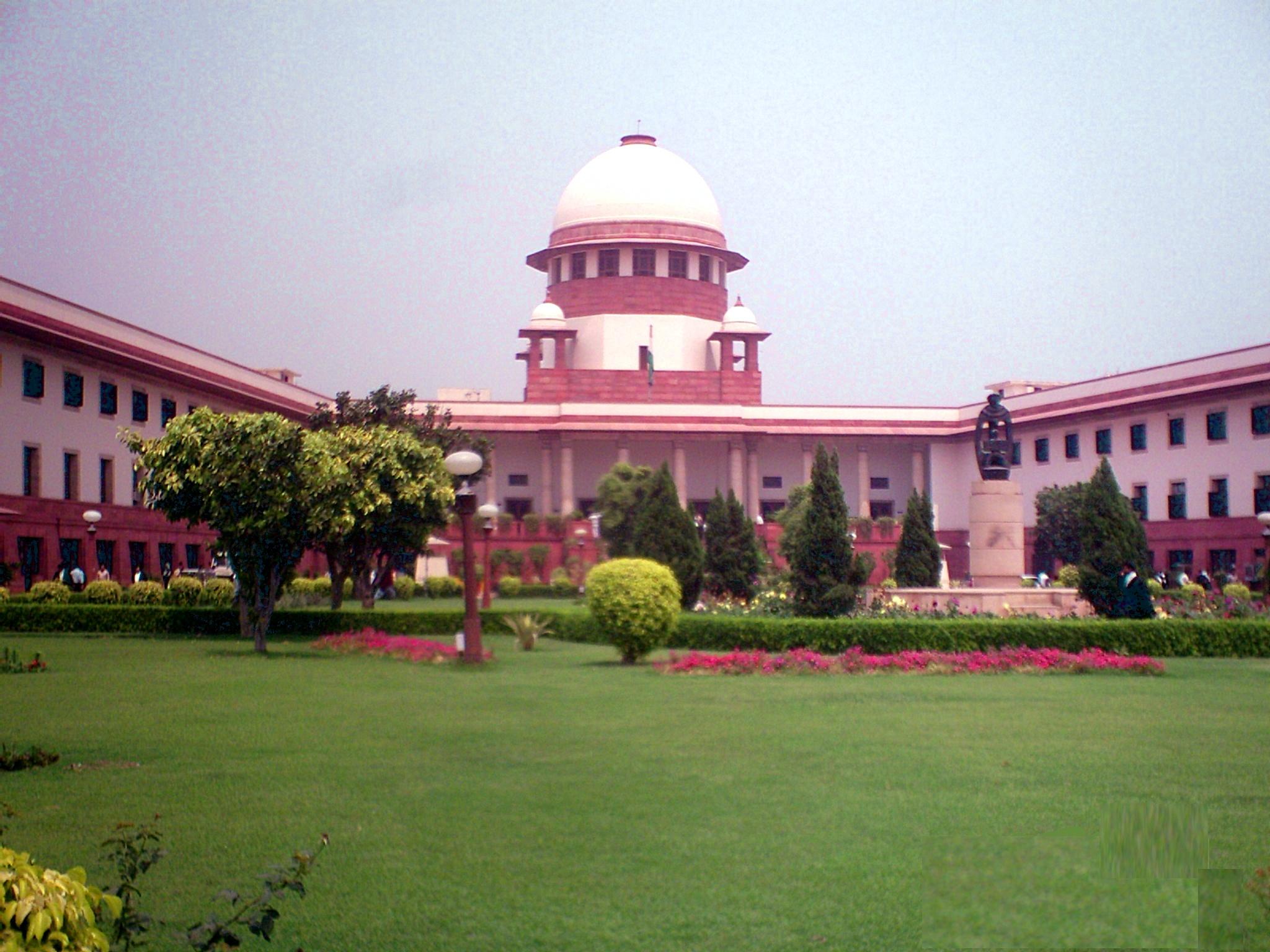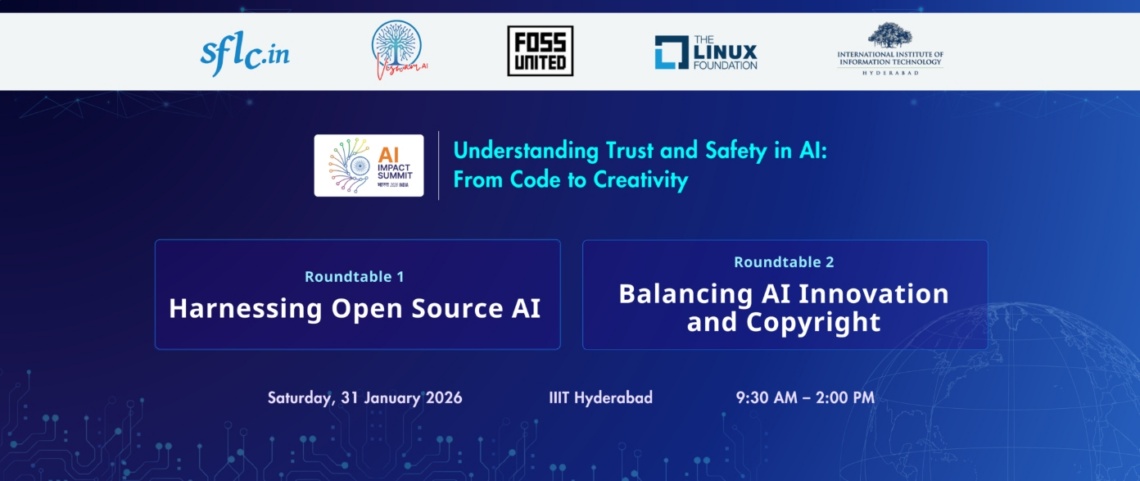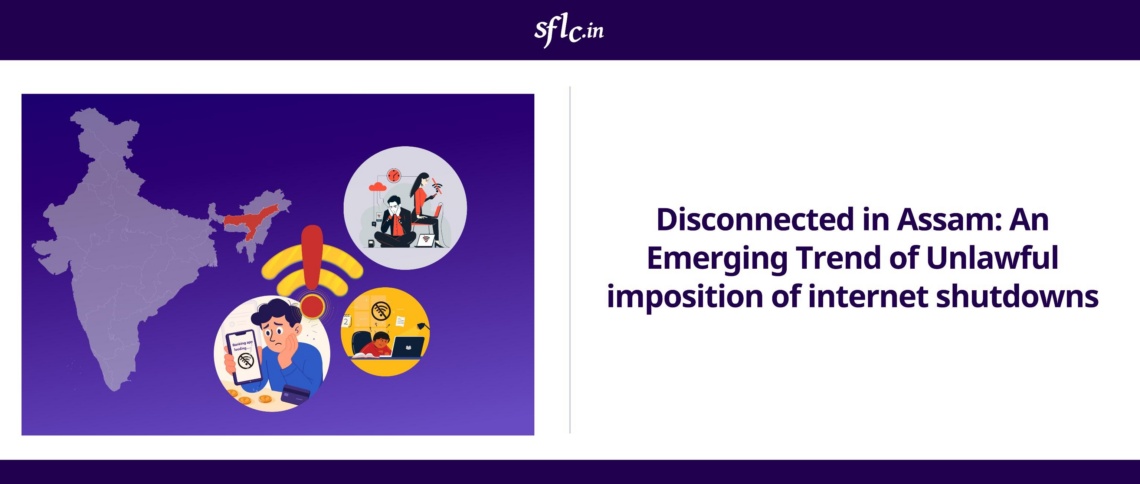Arguments before the nine-judge Constitution Bench of the Supreme Court on right to privacy (in the matter of K.S. Puttaswamy v. Union of India) ran into its fourth day today.
Attorney General Mr. K.K. Venugopal resumed arguments on behalf of the Centre, and began by contending that the M.P. Sharma and Kharak Singh judgments that refused to read privacy as a fundamental right are sound in law. After reading out excerpts from the majority opinion in these decisions, Mr. Venugopal reiterated the Centre’s stance that the Indian Constitution does not guarantee a fundamental right to privacy, even assuming privacy can be linked to the right to personal liberty guaranteed under Article 21. Informational privacy in particular, he said, is not a fundamental right and cited the US Supreme Court’s decision in NASA v. Nelson in support of his argument. Justice Nariman however pointed out that in NASA v. Nelson, the view that informational privacy is not a right was in fact a dissenting opinion by Justice Scalia, and that Justice Alito had assumed informational privacy to be a part of privacy, but distinguished its application when the State acts as an employer. Justice Chandrachud added that informational privacy has always been a part of the American jurisprudential due process guarantee. Mr. Venugopal read out a few more US decisions in support of his contention, and said that the US is jurisprudentially the most advanced country. Justice Chandrachud disagreed with this statement, and pointed out that when it comes to informational privacy, the US is actually far behind the European Union. Mr. Venugopal argued in response that the social and cultural landscapes of a country are important when speaking of the right to privacy, and said that there are a large number of American decisions that refused to consider decisions from the EU as it was felt that the socio-cultural landscapes of both regions were vastly different. He argued further that the American due process guarantee protects those rights that are rooted in national history and culture, and said that India should do the same. He then read out portions of the decision in US v. Miller, though Justice Nariman intervened once again to point out that this judgment was heavily criticized by Justice Lahoti in the Indian Supreme Court’s decision in District Collector v. Canara Bank.
Mr. Venugopal contended next that the makers of India’s Constitution had purposely omitted privacy from the ambit of fundamental rights, and reiterated that informational privacy, which is just one of the many facets of privacy, cannot be elevated to a fundamental right. Justice Chandrachud observed at this point that there needs to be a principle to determine the kinds of data/information that should be protected on grounds of privacy, to which Mr. Venugopal said that the determination should be made on the basis of the State’s interest in the data/information in question. Justice Chandrachud asked what kind of State interest Mr. Venugopal was referring to (compelling or legitimate), and Mr. Venugopal clarified that he meant legitimate State interest. Justice Chelameshwar expressed his disagreement to this view, but Mr. Venugopal persisted, pointing out as he did yesterday that many kinds of personal information are already requested by and provided to the State in connection to census surveys, passport, voter registration etc. Justice Nariman remarked that it becomes even more important to have a privacy legislation that protects the dissemination of such information as parting with the information is not voluntary. As Mr. Venugopal contended that no one had challenged the census or voter registration processes (unlike with Aadhaar), Justice Chelameshwar observed that the Census Act in fact imposes heavy penalties for disclosing census data, making it very difficult for private parties to acquire census data from the Government. Justice Bobde enquired if there is a similar provision under the Aadhaar Act, which Mr. Venugopal answered in the affirmative, citing Section 29 of the Aadhaar Act. After reading Section 29, Justice Chandrachud asked for an explanation as to why mobile numbers are not protected under the Act, and why medical history is not considered part of “demographic information”. The State may have a legitimate interest with respect to Aadhaar, said Justice Chandrachud, but there has to be a robust mechanism to ensure security of data collected. While he has no problem sharing his email ID or phone number with the State, he said he nevertheless has concerns about this information being shared with private parties who build their products and services using Aadhaar data. Additional Solicitor General Tushar Mehta intervened to submit that Section 29(2) of the Aadhaar Act read with the Aadhaar (Sharing of Information) Regulations lays down safeguards to oversee the sharing of Aadhaar data. Pointing out how the Aadhaar Act has a whole chapter on privacy interests, and how privacy also finds mention in the statement of objects and reasons, Justice Nariman asked why this should not be considered a legislative recognition of privacy. Mr. Venugopal opted to not answer the question, choosing instead to deal with it later on in his arguments. He nevertheless assured the Bench that the Aadhaar Act protects privacy and confidentiality of data, and argued that the very existence of a legislation protecting privacy implies that there is no fundamental right to privacy.
Mr. Venugopal then went on to speak in support of Aadhaar, citing US judgments that upheld the American social security number system. Noting how the list of information collected for social security numbers is comparable to information collected for Aadhaar, Mr. Venugopal also drew attention to the fact that social security numbers are necessary to procure a host of Government benefits and services, including death certificates. Reiterating yet again that the right to life of others overrides the individual’s right to privacy, he read out the majority opinions in Kharak Singh and M.P. Sharma and contended that none of the rights claimed by the petitioners can in fact be claimed as fundamental rights. He emphasized that both judgments were correctly decided, and concluded his arguments saying that elevating privacy to the level of a fundamental right while other facets of Article 21 like right to think and right to dissent remain non-fundamental rights would be contrary to the Constitution.
Senior Advocate Mr. C.A. Sundaram argued next for the State of Maharashtra. He started by outlining what he said is the sole question at hand i.e. whether the right to privacy is a fundamental right. If we are to read privacy as a fundamental right, he said it will be necessary to read all its manifestations similarly. However, Mr. Sundaram relied on Kharak Singh to argue that privacy per se cannot be a fundamental right, adding that facets of privacy can still be protected if they emanate from other established fundamental rights. He said privacy can never be defined unambiguously as everyone has a different conception of it. On being questioned by Justice Bode about the definition of “life” as it appears in Article 21, Mr. Sundaram said it is the ability to breathe and to have access to basic needs to exist. In other words, life is the antithesis of death. Justice Chandrachud vehemently objected to this definition, and Justice Nariman reminded Mr. Sundaram that the Supreme Court had interpreted the term “life” to mean more than mere animal existence. Chief Justice Khehar also weighed in, pointing out that terms like “dignity” and “liberty” are also undefined, though they are components of Article 21. Mr. Sundaram however persisted with his contention that privacy cannot be elevated to be a part of the right to liberty or any other fundamental right.
It was submitted by Mr. Sundaram that privacy is too ambiguous to be a fundamental right and that the makers of our Constitution had the specific intent to only have notions with exactitude as fundamental rights. Any state action should be tested against existing fundamental rights, he said, but new fundamental rights should not be claimed. Justice Nariman then asked if dignity is not a fundamental right, and Mr. Sundaram responded that it is a part of the right to life. However, dignity is a natural right, whereas privacy is a foreign concept. Justice Nariman said that reading dignity and liberty together may give you privacy, and Justice Bode supplemented this by saying privacy may be a pre-condition of dignity or liberty. Mr. Sundaram nevertheless persisted in his argument that this does not make privacy a fundamental right, and went on to quote Aristotle’s observation “one who doesn’t need society is a beast or a God”, pointing out that the right to be left alone is contrary to this. Stating that seclusion is the antithesis of society, Mr. Sundaram said there would be frivolous privacy claims if privacy were to be made a fundamental right. Privacy includes many expectations, he said, and these expectations must be tested on the basis of other fundamental rights. Contending that privacy and liberty are not interchangeable, he said that protection against unlawful intrusion does not mean there has to be a right to privacy. It was said that Kharak Singh was rightly decided in this regard, but wrongly interpreted by the petitioners. Justice Nariman however informed Mr. Sundaram that his interpretation of Kharak Singh was wrong, as the judgment wrongly treated movement and liberty separately. He said there is an internal contradiction in the majority judgment and that it effectively deals with privacy without saying so. Justice Nariman also said that a man defending his castle is defending his privacy, rather than his liberty as Mr. Sundaram put it. Justice Chandrachud clarified that “castle” here is a metaphor that alludes to the individual’s right to live in solitude.
Mr. Sundaram then argued that privacy must be a tangible right to be protected, which it is not. Justice Nariman disagreed with this view, saying Kharak Singh spoke of tangible infringements in context of Article 19(1)(d) but not Article 21. Mr. Sundaram contended that domiciliary visits were held unconstitutional in Kharak Singh because they related to tangibility of ordered liberty. Surveillance on the other hand was not struck down because it was an intangible infringement. He then reiterated that privacy is not a standalone right – it can be a common law right or a statutory right, but not a fundamental right. Justice Nariman once again posed a question on the inherent contradiction in Kharak Singh, but Mr. Sundaram was adamant that no such contradiction exists. Mr. Sundaram submitted further that Govind v. State of M.P. had not in fact found that there is a fundamental right to privacy, rather it read privacy into ordered liberty. Justice Nariman disagreed, pointing to two paragraphs in the judgment that talk explicitly about privacy as a fundamental right. Mr. Sundaram persisted with his argument that there was no real discussion in the judgment around privacy, and that all subsequent judgments on privacy went by a false assumption to the contrary. He said that this Bench has to decide the matter afresh, and cited a batch of American judgments including Whalen v. Roe, Paul v. Davis and the Nixon tapes case in support of his arguments.
Mr. Sundaram argued further that informational privacy can be protected by statutes and regulations even in the absence of a fundamental right. This Court will have to keep interpreting the evolving right to privacy if its contours are not defined, he said. Justice Chelameshwar pointed out that all fundamental rights can evolve, reminding Mr. Sundaram that freedom of press was not initially a part of freedom of speech and expression. Mr. Sundaram then traced the evolution of personal liberty from civil liberty, and said that the former is much narrower in scope. Justice Nariman agreed that personal liberty has a narrow scope, but observed that privacy relates specifically to personal liberty in any case. Mr. Sundaram then spoke about how the makers of our Constitution had omitted privacy despite being aware of the American First Amendment, at which point Justice Nariman reminded that even “due process” was considered for inclusion in the Constitution by its makers and later dropped, though due process was subsequently recognized by Maneka Gandhi v. Union of India. As Mr. Sundaram continued to argue that privacy and personal liberty are different from each other, Justice Chandrachud explained that the qualification of “liberty” in Article 21 by adding “personal” was done so as to avoid overlap with other freedoms such as those already provided for under Article 19. Another reason for this qualification was that in its absence, liberty might be read in an economic sense instead of a political or personal sense, as was done in the US and later corrected.
With this, arguments for the day drew to a close. The hearing will resume next on Tuesday, August 2.




